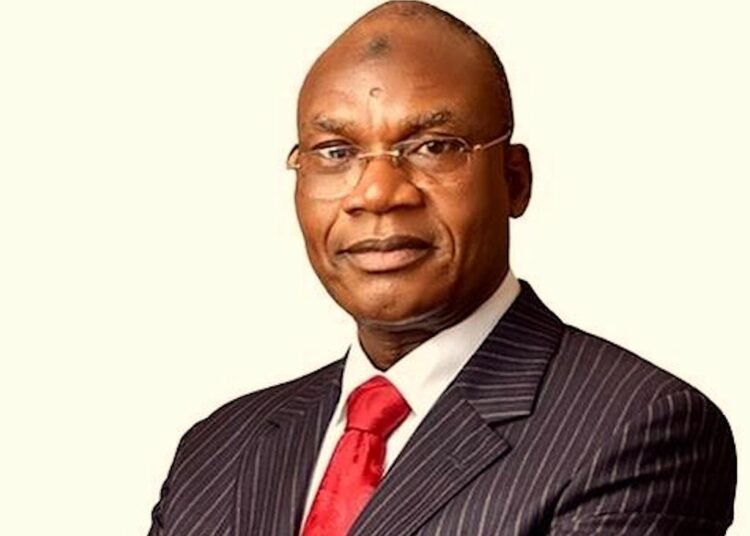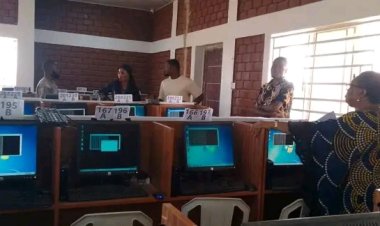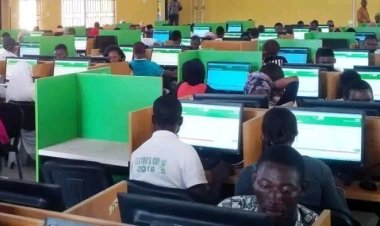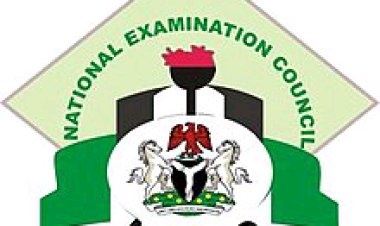FG Set to Launch New School Curriculum
The Federal Government of Nigeria will implement a new school curriculum for primary and secondary schools starting in October 2024. The curriculum, announced by the Minister of Education, Prof. Tahir Mamman, aims to address concerns about the behaviour and values of young Nigerians while equipping students with practical skills for the economy.

The Federal Government of Nigeria has announced plans to roll out a new school curriculum, which will take effect from October 2024. This development was revealed by the Minister of Education, Prof. Tahir Mamman, after a Federal Executive Council (FEC) meeting chaired by President Bola Tinubu at the Presidential Villa, Abuja.
According to Prof. Mamman, the revised curriculum targets both primary and secondary schools across the country. The initiative is aimed at addressing concerns regarding the values and behaviour of young Nigerians. He emphasized that the curriculum would incorporate knowledge, skills, and values, with a strong focus on equipping students with practical skills that align with the needs of the economy.
“There is a general concern about the behaviour and conduct of our young ones in the country and our social values. Civic education is compulsory in secondary schools, but we still have concerns about national values. The new curriculum will integrate knowledge, skills, and values, particularly with a focus on skills, ensuring that students are better prepared to contribute to the economy,” Mamman stated.
In addition to the new curriculum, the FEC approved the construction of a new Senate building for the University of Ibadan, Nigeria’s premier university, established in 1948. The building is designed to accommodate numerous offices and serve the institution's management.
Furthermore, the council also reviewed the cost implications of conducting examinations across the country by the National Examinations Council (NECO), which recently released results for millions of Nigerian students.
This educational reform is part of the government's broader efforts to improve national values, skills development, and the overall quality of education in Nigeria.

 Chris Oyeoku Okafor
Chris Oyeoku Okafor 



